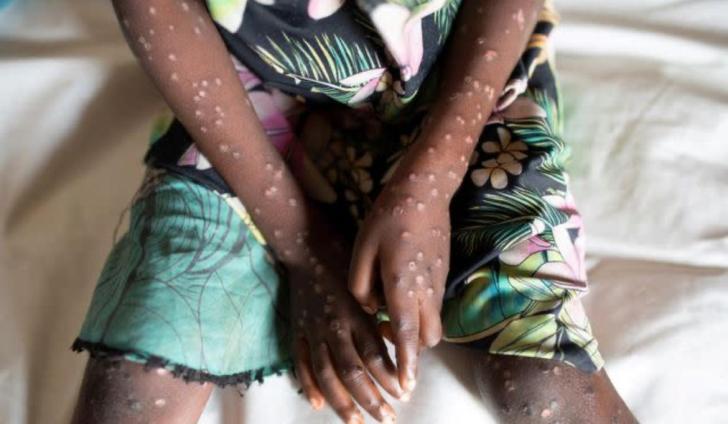News / National
Mpox threat jolts Zimbabwe govt into action
23 Aug 2024 at 05:44hrs |
0 Views

The Zimbabwean government has responded swiftly to the recent outbreak of the Mpox virus in various African countries, including non-endemic regions, by strengthening its disease surveillance systems. The Africa Centres for Disease Control and the World Health Organisation have declared the outbreak a public health emergency, highlighting its serious threat across the continent and internationally. Although Zimbabwe has not recorded any Mpox cases, Health and Child Care Minister Douglas Mombeshora has warned the public about the ongoing outbreak, particularly in neighboring South Africa.
Public Health Adviser to the President, Agnes Mahomva, confirmed that Zimbabwe has prepared for the potential arrival of the virus. The government has implemented a national Mpox preparedness and response plan, which includes a strong surveillance system for tracking and tracing suspected and confirmed cases. Drawing on lessons from the COVID-19 pandemic, the government is applying similar strategies to ensure that Mpox is kept under control.
The National Public Health Emergency Operations Centre in Harare has intensified its outbreak review meetings and collaboration with stakeholders in accordance with recent WHO and Africa CDC guidelines. Mahomva emphasized the importance of a society-wide preparedness approach, ensuring that stakeholders contribute to the national response, and that adequate resources are available to manage any potential cases.
In his statement, Minister Mombeshora assured the public that the government is on high alert and has activated preparedness and response measures. Citizens are encouraged to report suspected cases promptly to health facilities or through dedicated communication lines. The Zimbabwe Association of Doctors for Human Rights (ZADHR) also urged the government to enhance Mpox surveillance, diagnostics, and treatment facilities, while advising the public to follow health guidelines to prevent the spread of the virus.
Mpox, part of the smallpox virus family, presents symptoms similar to smallpox, including fever, rash, headache, and respiratory issues. Although there is no proven treatment for Mpox, prevention strategies include avoiding contact with potentially infected animals, practicing good hygiene, and using protective equipment when caring for patients.
Public Health Adviser to the President, Agnes Mahomva, confirmed that Zimbabwe has prepared for the potential arrival of the virus. The government has implemented a national Mpox preparedness and response plan, which includes a strong surveillance system for tracking and tracing suspected and confirmed cases. Drawing on lessons from the COVID-19 pandemic, the government is applying similar strategies to ensure that Mpox is kept under control.
In his statement, Minister Mombeshora assured the public that the government is on high alert and has activated preparedness and response measures. Citizens are encouraged to report suspected cases promptly to health facilities or through dedicated communication lines. The Zimbabwe Association of Doctors for Human Rights (ZADHR) also urged the government to enhance Mpox surveillance, diagnostics, and treatment facilities, while advising the public to follow health guidelines to prevent the spread of the virus.
Mpox, part of the smallpox virus family, presents symptoms similar to smallpox, including fever, rash, headache, and respiratory issues. Although there is no proven treatment for Mpox, prevention strategies include avoiding contact with potentially infected animals, practicing good hygiene, and using protective equipment when caring for patients.
Source - newsday
Join the discussion
Loading comments…
































